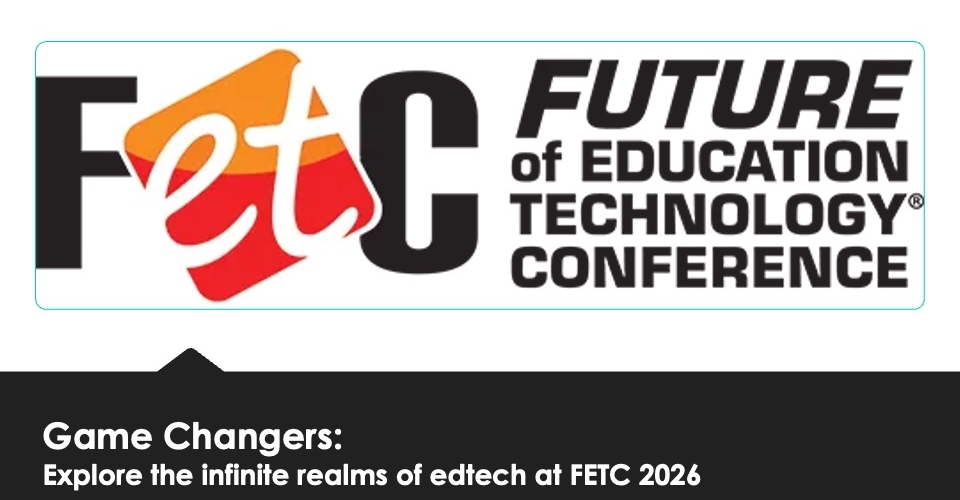For a while now, we’ve officially been in the “digital age.” Long gone are the days of the overhead projector. One of the most important college admissions exams, the SAT, has even gone paperless. This is the case for reading, too.
That’s according to Sora’s annual state of digital reading report, which breaks down trends based on students’ digital reading habits using Sora’s reading platform. The data suggests that, when given the opportunity, students heavily lean toward e-reading. Why? Accessibility.
“The accessibility of reading digitally—such as the availability of audiobooks and being able to change things like font, size and background—is a game changer for so many students,” one librarian said in the report.
Additionally, students who use a digital platform enjoy:
- Portability
- Immediate access to new and trending titles
- Exposure to a diverse array of genres
The numbers don’t lie, either. More students than ever read digital books during the 2022-23 school year.
Last school year, Sora recorded 165.7 million reading sessions, an 8% increase compared to the year prior. Furthermore, the number of books a student read increased by nearly 3.5%.
More from DA: Book bag: 4 new must-reads on AI, coaching and the humanity of teaching
Another reason e-reading has grown in popularity is that it also gives students the option to read “with their ears,” thanks to audiobooks. However, ebooks are still much more popular among students.
Overall, students checked out 22.3 million digital books last year, a 20% increase compared to the year prior. This includes 19.4 million ebooks and 2.4 million audiobooks.
The technology students use to access these books is also important for educators to understand. According to the review, students most commonly choose “Chrome” (40%), followed by:
- iOS: 32%
- Windows: 11%
- Android: 11%
- macOS: 6%
“We talk a lot with students about how audiobooks can be a way to immerse yourself in a book in the car or while exercising or doing other activities,” one librarian said in the report. “Especially with our upperclassmen, we use digital books and the freedom they can offer as a way to introduce the idea of the variety of ways they can become a lifelong reader.”



